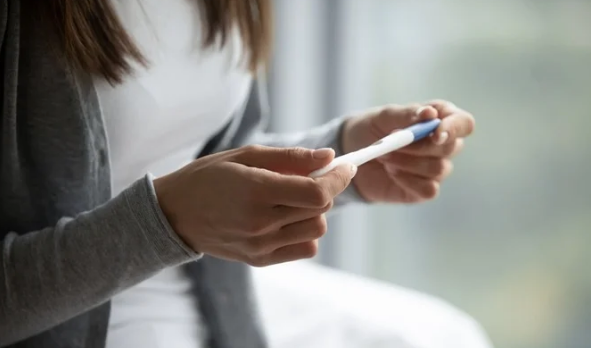
Image credit: shutterstock
The Health Insurance Review & Assessment Service revealed that over the last year, more than 370,000 Koreans sought medical help for infertility or difficulties in conceiving. This represents a 4.7 percent increase in infertility-related treatments and a 16 percent rise in subfertility-related treatments compared to the 2018 data. Korea’s birth rate may be declining, but an increasing number of people are seeking medical attention for these issues. These conditions may stem from numerous factors, so an accurate determination of the cause is crucial. Both the individual’s gender and the nature of the problem must be taken into account before deciding on the appropriate treatment.
A healthy endometrium plays a pivotal role in successful pregnancies. A thin endometrium reduces the likelihood of effective embryo implantation, with a high chance of subsequent miscarriage – a significant contributing factor to female infertility. Current treatment approaches, such as hormone therapy and endometrial injections, have shown limited success.
A joint research team from Pohang University of Science and Technology (POSTECH) and CHA University in South Korea, took one step closer to personalised treatment by developing a gel that mimics the environment of uterine cells, inducing endometrial regeneration and elucidating its mechanism.
When injected, the hydrogel was found to induce the recovery of the endometrial thickness in mice, creating a favourable environment for embryo implantation. As a biomaterial, the hydrogel has low cytotoxicity, ensuring a 90% survival rate of implanted embryos.
The researchers are hopeful that further research into its clinical application can bring hope to patients grappling with infertility.




